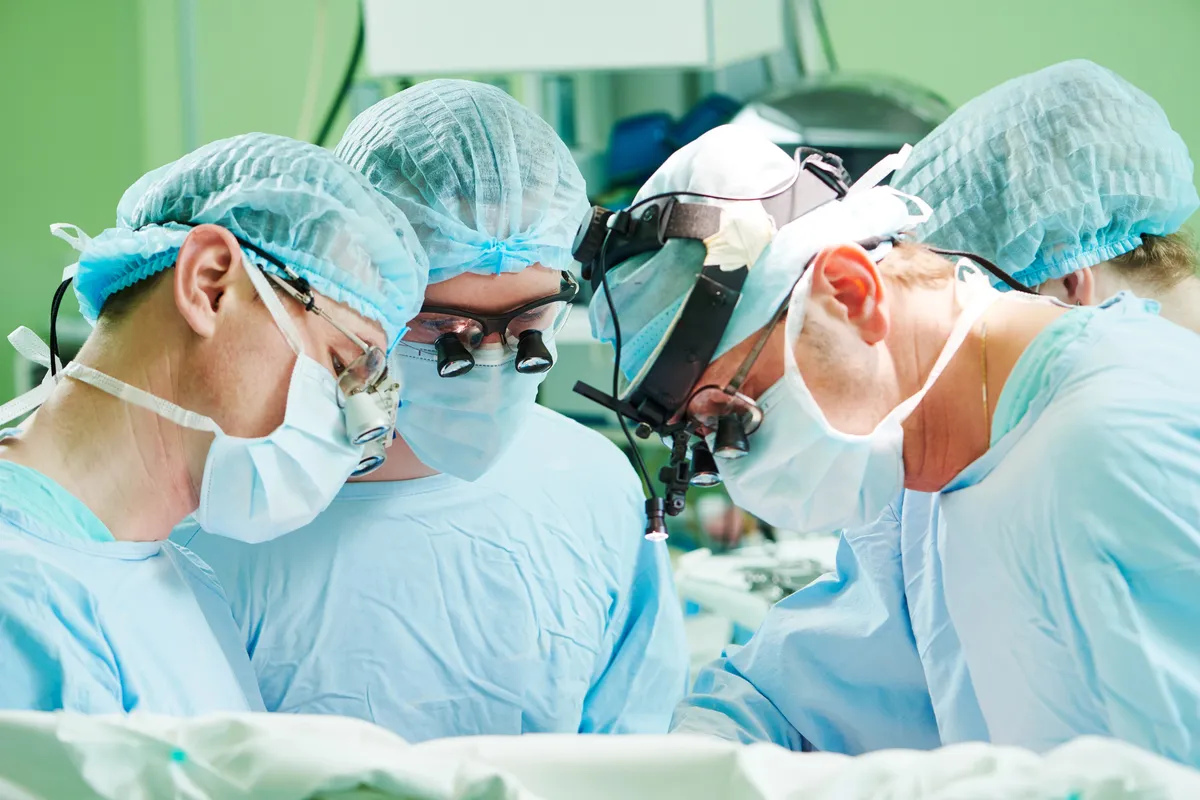Transplantology
Transplantology is a specialised field of medicine that deals with organ and tissue transplantation. It is a life-saving treatment for patients with advanced diseases for whom other therapies have proved ineffective. Transplantation involves transplanting organs such as kidneys, heart, liver, lungs, pancreas, small intestine and various types of tissue, including bone marrow and corneas. Thanks to advances in medical technology and immunology, transplantation has become common practice in many countries, including Poland, where the organisation of transplants is handled by the Organisational and Coordination Centre for Transplantation 'Poltransplant'.
In Poland, organ transplantation is regulated by law, which provides for the principle of presumed consent. This means that every citizen is a potential organ donor unless they have objected during their lifetime. This law is key to increasing the number of organs available, which is essential to meet the growing demand for transplants. Transplantation not only saves lives, but also significantly improves the quality of life, enabling patients to return to full social and professional activity.
The principle of implied consent and its importance
The principle of presumed consent, which applies in Poland, is a fundamental element of the transplantation system. It means that if a deceased person has not objected to their organs being taken during their lifetime, their organs can be transplanted to other patients after death. This principle significantly increases the availability of organs for transplantation, which is crucial in the context of the growing demand for transplants.
However, if family members inform medical staff that the deceased had objected to organ donation during their lifetime, the transplant procedure cannot be carried out. It is therefore important that those willing to be donors inform their relatives of their decision. Such communication can help to avoid misunderstandings and facilitate the decision-making process in the difficult moments after the death of a loved one.
The role of donors and the benefits of transplantation
Organ donors play an extremely important role in saving other people's lives. One donor can save several lives by transplanting organs such as the heart, lungs, liver, kidneys, pancreas and small intestine. Organ transplants are not only a way to prolong life, but also to improve the quality of life, enabling patients to return to full physical and social activity. Modern medicine, thanks to advanced surgical techniques and advances in immunology, can effectively manage the risk of transplant rejection, further increasing the chances of a successful procedure.
Organ donation is also an expression of humanism and social solidarity. The act of donation, especially from living donors, exemplifies the highest level of altruism, where individuals choose to give part of themselves to save the lives of others. The benefits of transplantation are multidimensional, encompassing not only the direct saving of lives, but also the improvement in the health and quality of life of the recipients, which has a significant impact on society as a whole.
Humanising transplantology: Support for donors and recipients
Humanising transplantation involves providing comprehensive care to both organ donors and recipients. In the case of living donors, particular attention is paid to their psychological and physical wellbeing. Detailed medical and psychological examinations are carried out prior to the decision to donate to ensure that the procedure will not harm the donor's health. Support also includes post-operative care and monitoring of the donor's health for a long period after the transplant.
Organ recipients are supported with comprehensive medical care that includes not only the transplant procedure itself, but also long-term immunosuppressive treatment and psychological support. Humanising transplantation also involves educating patients about life after transplantation, managing the risk of rejection and leading a healthy lifestyle, which can help to maintain the function of the transplanted organ in the long term.
The future of transplantology: Challenges and Hopes
The future of transplantation presents many challenges, but also hopes for the further development of the field. One of the main challenges is the shortage of organ donors, which leaves many people waiting months or even years for a transplant. In response to this problem, campaigns to educate and promote organ donation are being carried out in order to increase the number of registered donors.
Technological innovations such as organ bioprinting and the development of artificial organs are opening up new perspectives in transplantology. Work on 3D printed organs could significantly increase the availability of organs for transplantation in the future, eliminating the problems of rejection and immune compatibility. At the same time, cell therapies are being developed that can replace or assist traditional organ transplants.
